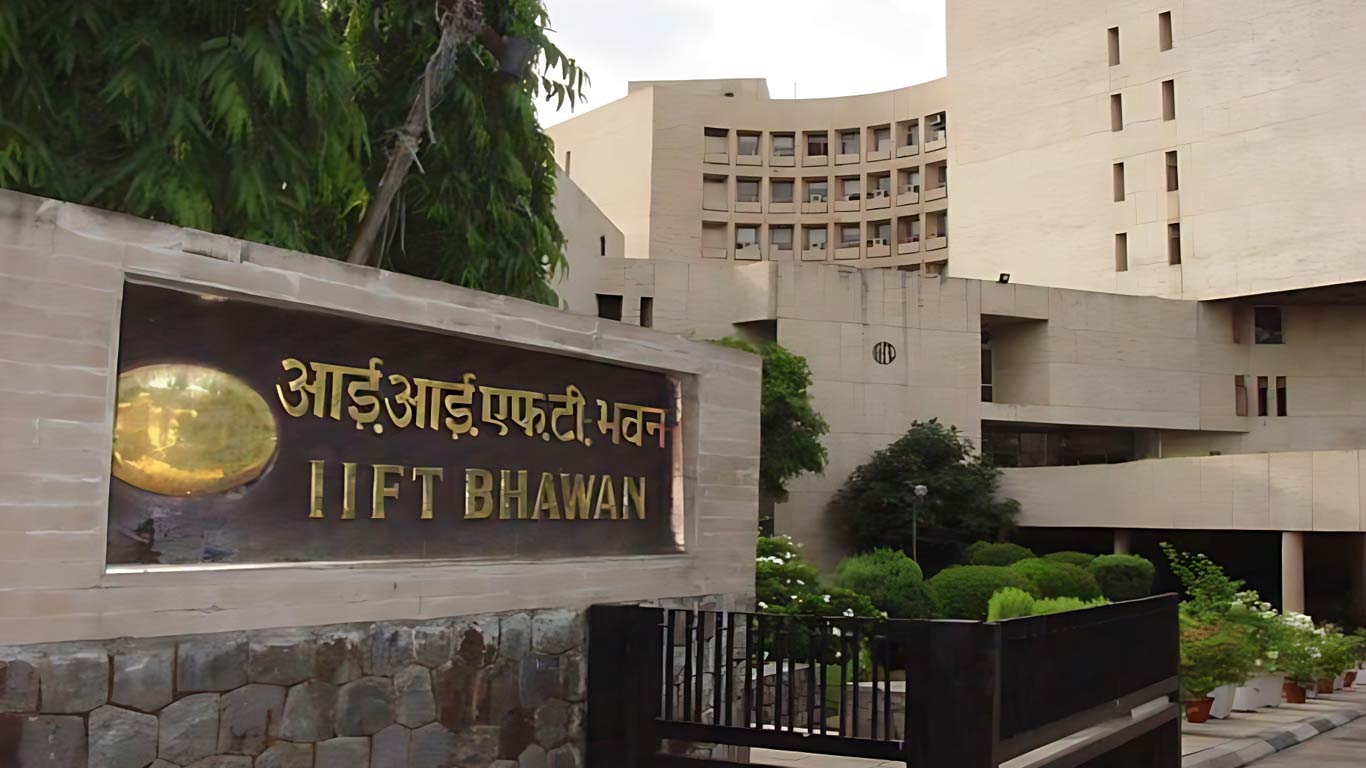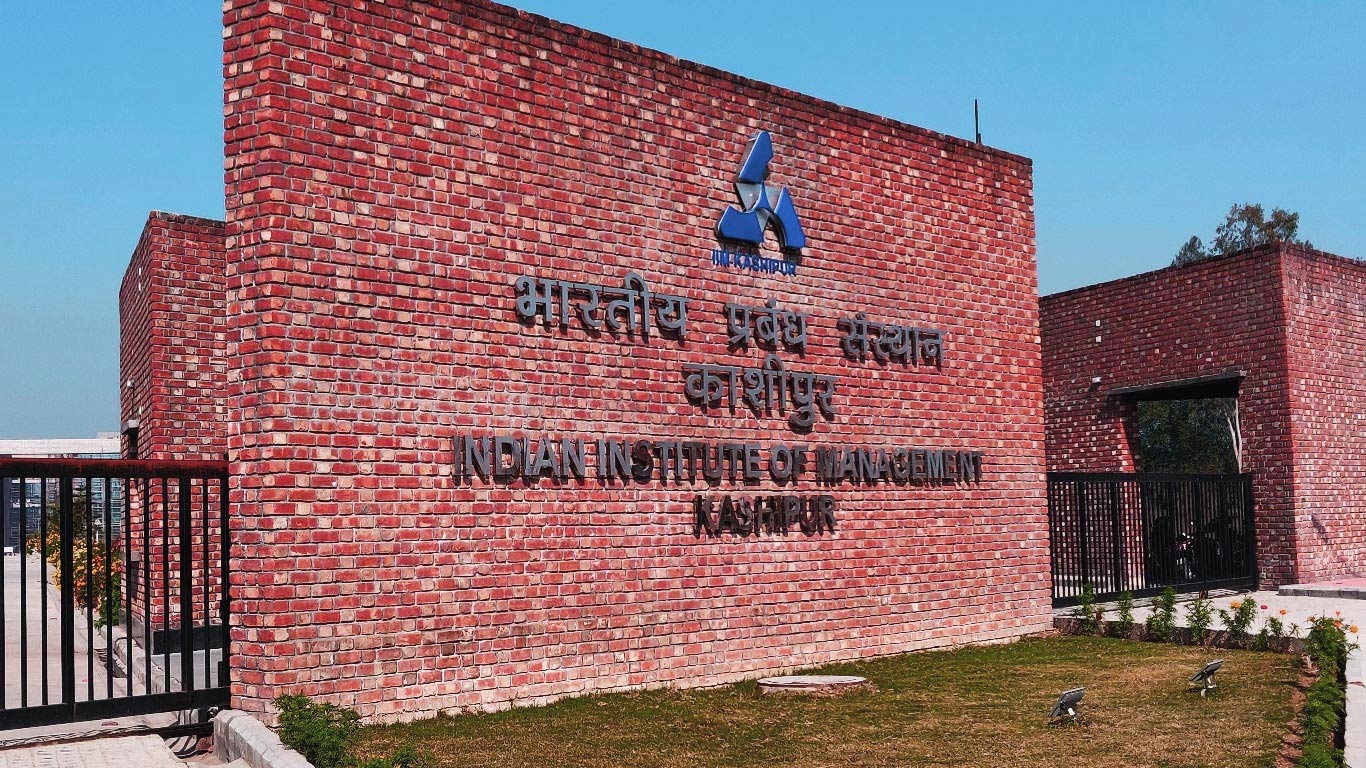Pesticides linked to death of honey bees
Updated: Apr 06, 2013 02:51:03pm

Neonicotinoids contain nicotine that is found in cigarettes and is just as toxic to insects as humans. Commonly used in pesticides, it acts on the nervous systems of insects and also poses a threat to mammals and the environment. When used in soil or coated on seeds, it affects the whole plant.
The BBC report also stated, “Following on the research published in January by the European Food Safety Authority that suggested these chemicals posed an “unacceptable” threat to bees, the European Commission proposed that neonicotinoid sprays be restricted to crops not attractive to pollinators.”
There are already some restrictions in place in France, Germany, Italy and Slovenia.
In UK, a committee of MPs has advocated the cause. “The UK government should suspend the use of a number of pesticides linked to the deaths of bees,” it said. Further, members of the Commons Environmental Audit Committee are calling for a moratorium on the use of sprays containing neonicotinoids.
However, BBC has stated that Britain has refused to back the EU ban on these chemicals, owing to insufficient evidence of their impact on bees.
It has long been established that honey bees are responsible for pollinating around one-third of the world’s crop production. But in UK, 2/3rd of the species have suffered population decline which a growing body of peer-reviewed research attributes to a group of pesticides called neonicotinoids.
Arguing the case, chairperson of the committee of MPs and Labour MP, Joan Walley told BBC. “If farmers had to pollinate fruit and vegetables without the help of insects it would cost hundreds of millions of pounds and we would all be strung by rising food prices.”
However the Department for Environment, Food and Rural Affairs has indicated that the ban is not justified at present.
Meanwhile, in the US, the Environmental Protection Agency is being sued by beekeepers and environmental groups over its failure to protect pollinators from neonicotinoids.
Clearly, more research on pesticides needs to be done, although it has been established that neonicotinoids are toxic to bees.
Here in India there has been an active debate on the use of pesticides. Aamir Khan’s Satyamev Jayate revealed that for decades our food and water have been contaminated by powerful, harmful pesticides which have been promoted as necessary for better agricultural output. Rather than using harmful pesticides which resulted in expensive farming methods, the programme highlighted the need for organic farming.
Proprietor of Swati Enterprises, producers and suppliers of antibiotic free honey, Swati Sharma explained that they procure honey only from areas that practise organic farming. “Many people use pesticides in the hope that their output will increase. However, 3-4 years down the line, their soil is contaminated and the chemical dependant crops will yield much less,” she said. (KNN)











